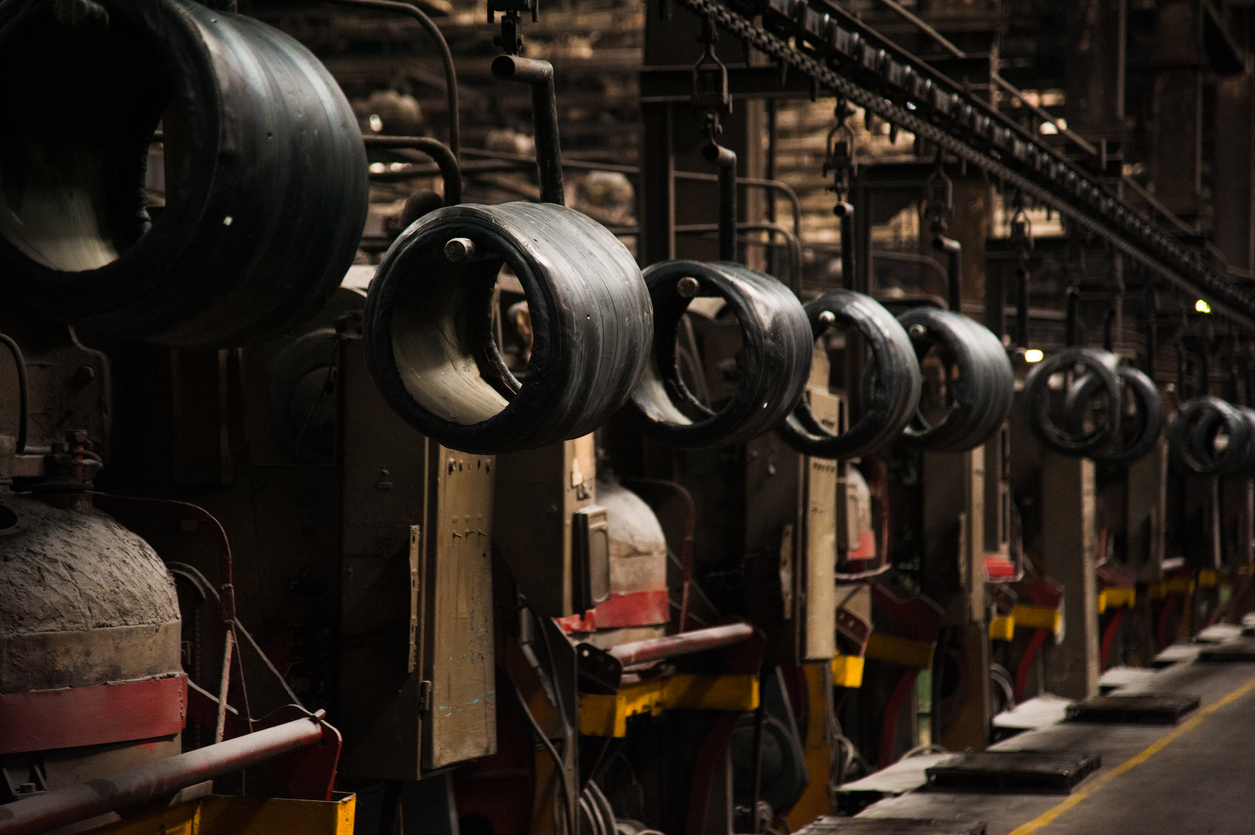Treść główna

Enabling Sustainable Products For Tire Manufacturing

Carbon footprint of tire manufacturers
Tires are an essential element of the transportation and logistics industry, and tire manufacturers have incorporated vCB into their products for a long time.
The transportation sector accounts for 23 per cent of global greenhouse gas emissions and is believed to be one of the top industry contributors to climate change.
As a result of end-of-life tire pyrolysis, recovered Carbon Black (rCB) can be used instead of vCB, and the carbon footprint can be reduced by over 80 per cent. rCB is a sustainable option for producing new rubber products.
Almost a quarter of all greenhouse gases are generated by the transportation sector.
By 2030, around €900 billion could be added to the GDP of Europe if we transition to a circular economy. It would also halve the amount of current CO2 emissions and add around €3,000 to the average yearly household income.
A circular economy approach
The circular economy aims to break the traditional product life cycle pattern of ‘take, make, waste’. Circular approaches reuse what we’ve already manufactured, and instead, turn the waste into reusable commodities.
End-of-Life Tires (ELTs) are a prime example of a valuable product that can be turned into high-quality feedstock for reuse. Instead of using raw or virgin materials to create new petroleum-based products, we can alternatively use recycled or recovered materials derived from ELTs.
The circular economy provides tire manufacturers with the opportunity to meet their carbon-reduction targets by sourcing vCB alternatives. rCB can be produced through a tire pyrolysis process and used as a full or partial substitute for many vCB grades and in a variety of applications.
Seven impact pathways
The World Business Council for Sustainable Development (WBCSD) has developed a framework for seven action steps that outline the path for the tire industry to act on the Sustainable Development Goals (SDGs). At Contec, we agree with the seven impact pathway approach, and our process enables tire manufacturers to apply many of these actions.
Accelerate and scale activities
Implement sustainable procurement
Decarbonise operations
Safe and inclusive working practices
Involve multiple stakeholders
Accelerate progress towards sustainability
Innovate
Forward-thinking tire companies
In recent years, several major tire manufacturing companies have made a commitment to sustainable practices.
The Sustainable Development Goals (SDGs) play an important role in shaping and directing policy and procedures within the tire industry. Most tire companies have set targets to reduce their carbon footprints and increase their contributions to a resource-efficient and resilient economy.
Dealing with environmental issues has become the number one priority for many tire manufacturers, due in part to changing regulations and a shift in public opinion.
The circular economy approach is being adopted by big tire manufacturers, including Michelin and Bridgestone who recently joined forces to create RCB Rubber. The partnership is committed to using more sustainable practices and aiming for material circularity, specifically in the area of recovered Carbon Black (rCB).
In November 2021, Michelin and Bridgestone announced at the Smithers Recovered Carbon Black Conference, agreeing to partner and introduce sustainable strategies to become more carbon neutral. Both companies agreed that using recovered Carbon Black in new tires, instead of virgin Carbon Black, reduces CO2 emissions by over 80 per cent.
The recovered Carbon Black initiative also fits with the VISION concept introduced by Michelin to help achieve 100 per cent sustainability across the company by 2050.
Frequently asked questions on recycled rubber products
01. What can tires be recycled into?
ELTs can be recycled into the following materials and products:
- Recovered Carbon Black (rCB) – extracted from ELTs using a pyrolysis process and reused in new products.
- Pyrolysis Oil – is made as a result of pyrolysis gases condensation and can be used as a feedstock for sustainable virgin Carbon Blacks.
- Recovered Steel – the reinforcing steel found in ELTs is separated during shredding and can be reused for applications that require a high-tensile strength material.
- Crumb rubber – finely ground rubber particles for use as rubberised road surfaces (asphalt), playground matting and flooring, durable mats, etc.
02. How do you make tires sustainable?
You can make tires sustainable by sourcing recycled substrates for the production of new tires, instead of using virgin petroleum-derived products.
Tire Pyrolysis is one of the most efficient and viable processes to get these recycled commodities.
03. What are eco-friendly tires made of?
Eco-friendly tires are made of 100 per cent recycled or bio-sourced products, made possible by including recovered Carbon Black (rCB) in the production process.

Future-proofing tire manufacturers
Tire manufacturers need to adopt sustainable and circular solutions to meet their climate targets. Tire manufacturers can succeed by
- Replacing fossil-based raw materials with recycled materials,
- Increasing the use of ethically bio-sourced raw materials,
- Encouraging synthetic rubber producers to use sustainable feedstocks,
- Reducing carbon emissions to meet climate targets, and
- Decarbonising their supply chains.
Adopting rCB is one solution to get there. Learn more about rCB and how it’s a reliable alternative for several virgin Carbon Black grades.
